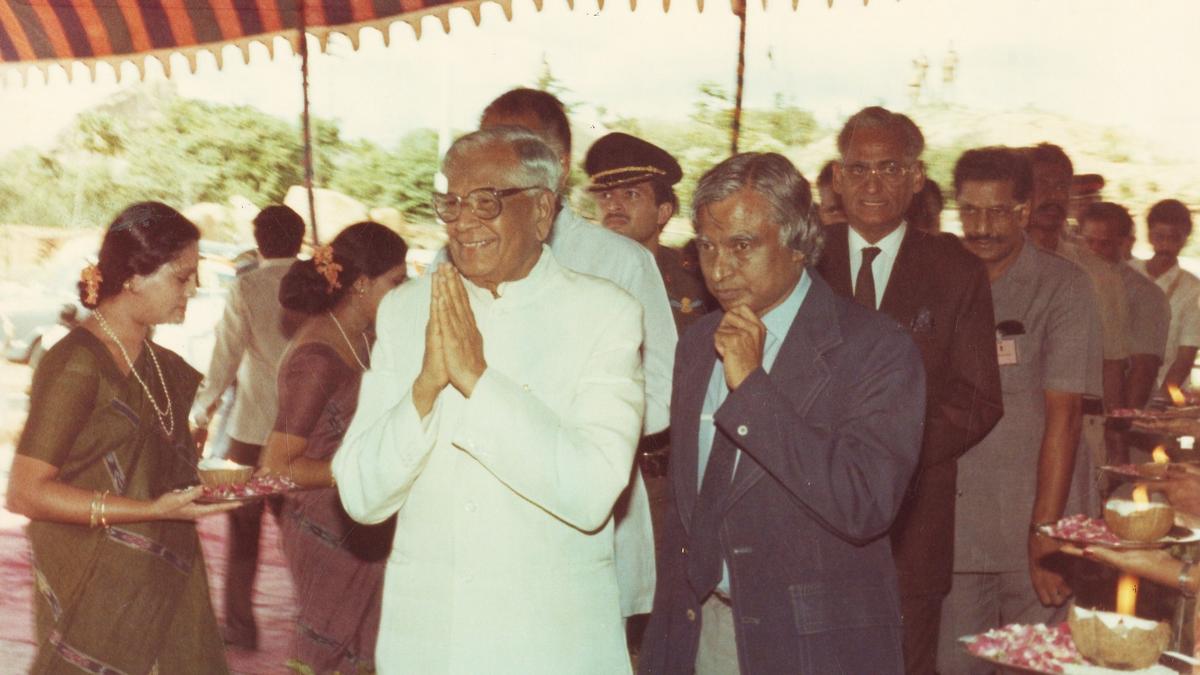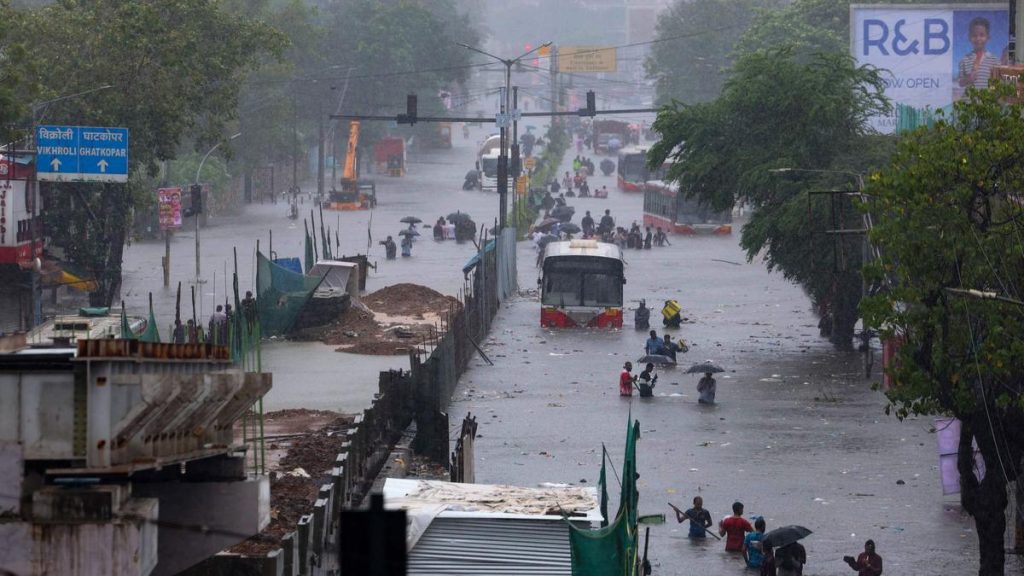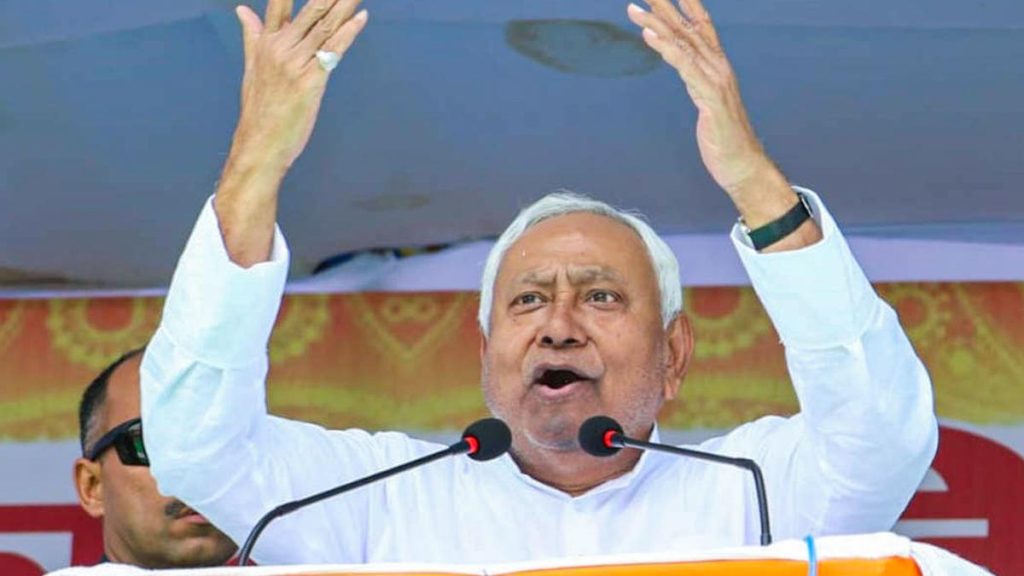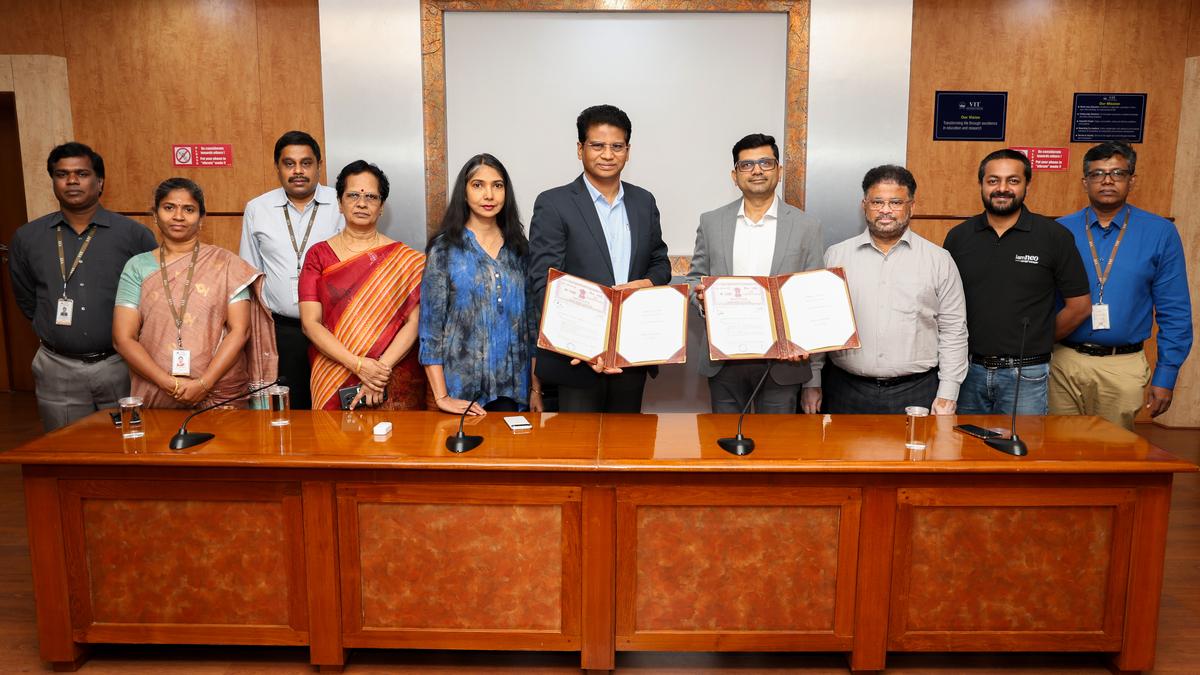Now Reading: DMK’s Opposition to Tamil Nadu Vice-President Candidate 41 Years Ago
-
01
DMK’s Opposition to Tamil Nadu Vice-President Candidate 41 Years Ago
DMK’s Opposition to Tamil Nadu Vice-President Candidate 41 Years Ago

Rapid Summary
- The BJP-led NDA has nominated Maharashtra Governor adn former Coimbatore MP, C.P. Radhakrishnan, as its candidate for Vice-President.
- AIADMK leader Edappadi K. Palaniswami and TMC (Moopanar) leader G.K. Vasan urged Tamil Nadu parties to unify behind Radhakrishnan’s candidature.
- Opposition INDIA bloc (including DMK) announced former Supreme Court judge B. Sudarshan Reddy from Telangana as their nominee.
- Historically similar contests include:
– 1984: Tamilian Congress candidate R. Venkataraman elected Vice-President despite Opposition concerns over consensus procedures; supported by AIADMK but opposed by DMK.
– 2002: Tamilian scientist A.P.J Abdul Kalam secured unanimous support across party lines for the Presidency from both AIADMK and DMK.
Indian opinion Analysis
The upcoming election reflects a recurring interplay between regional portrayal and political alignment in India’s national politics,with tamil Nadu playing a key role due to recent nominations of local candidates at high levels of government. While C.P. Radhakrishnan’s victory seems assured based on NDA’s numerical advantage, the lack of unified support within Tamil Nadu indicates evolving inter-party dynamics that prioritize contemporary alliances over regional affinity.
historically, moments like the elections of R.Venkataraman (as Vice President), A.P.J Abdul Kalam (as President), and current debates showcase how leadership choices ofen reflect broader shifts in political ideology rather than singular considerations about “local pride.” The INDIA bloc choosing a Telangana native instead of endorsing the so-called “son of the soil” illustrates how national opposition strategies are built on coalition politics rather than purely regional loyalties.
Continued collaboration or divergence among major Tamil Nadu parties could have broader implications for future positions aligning new generations’ expectations against entrenched paradigms rooted more deeply historically read more.

























